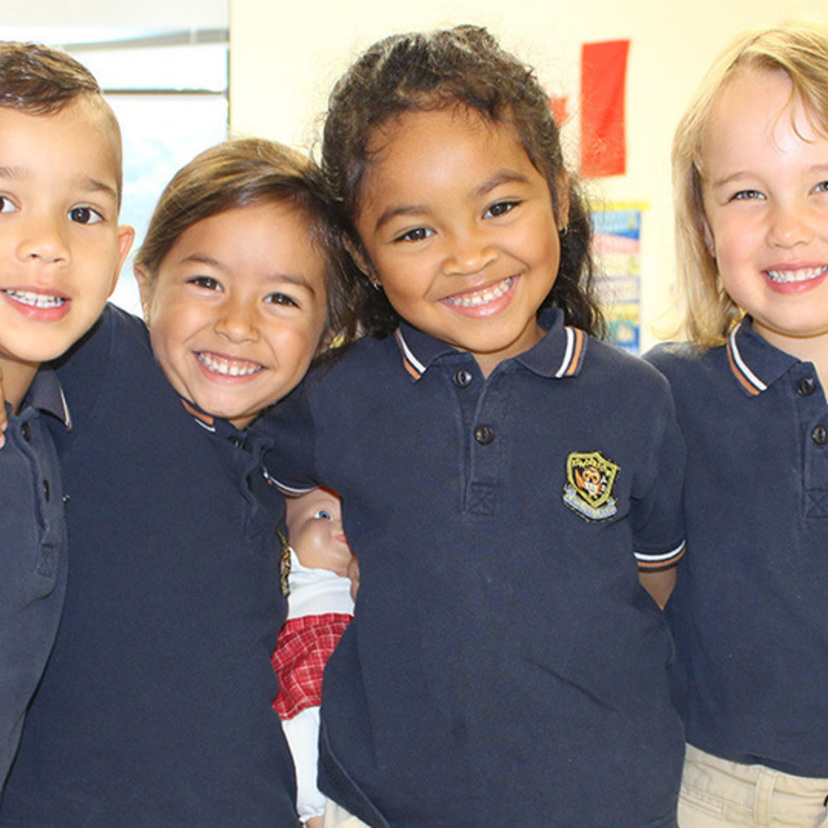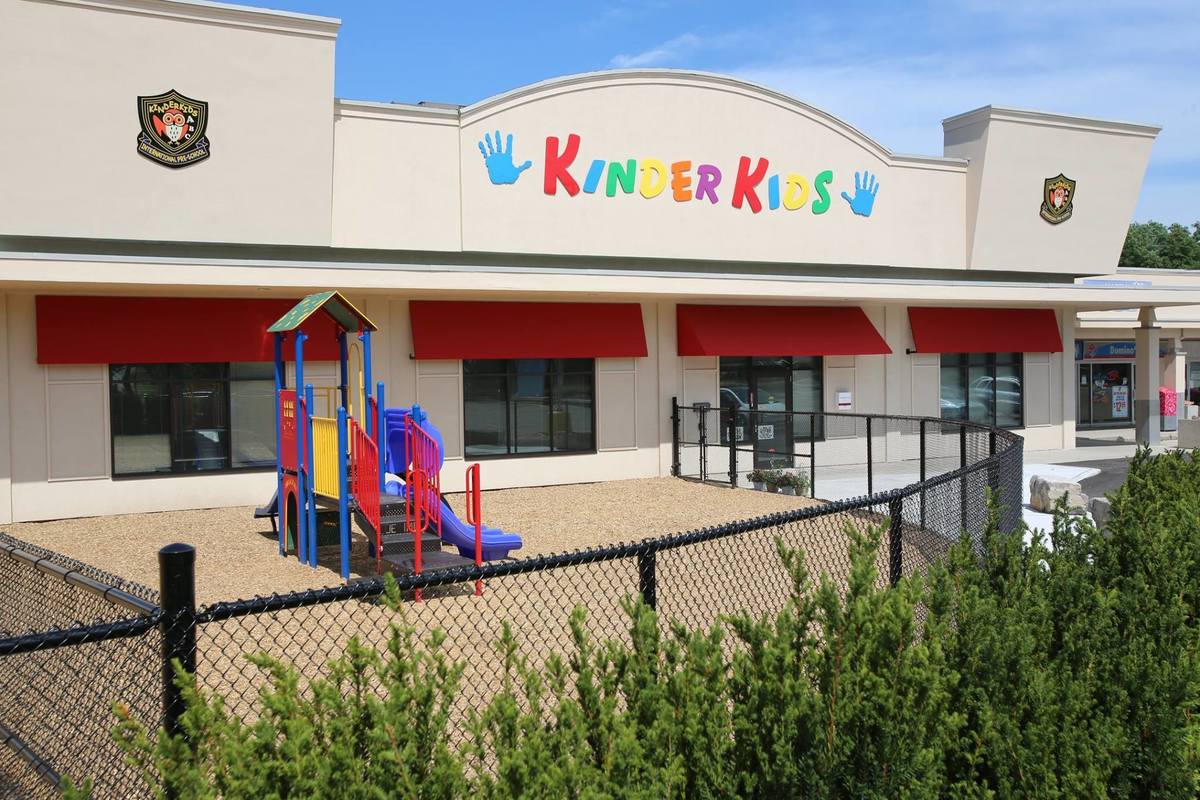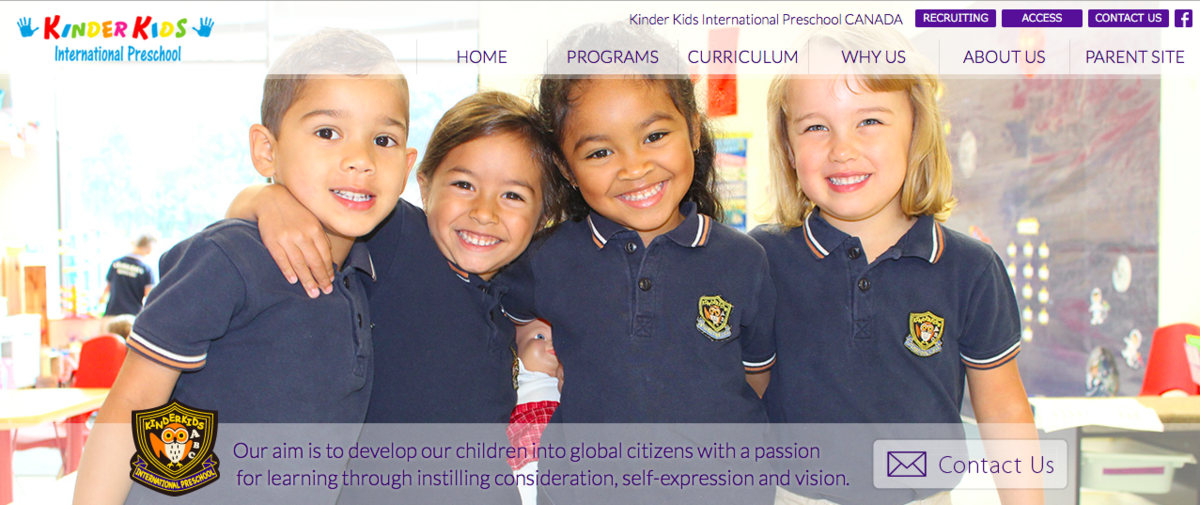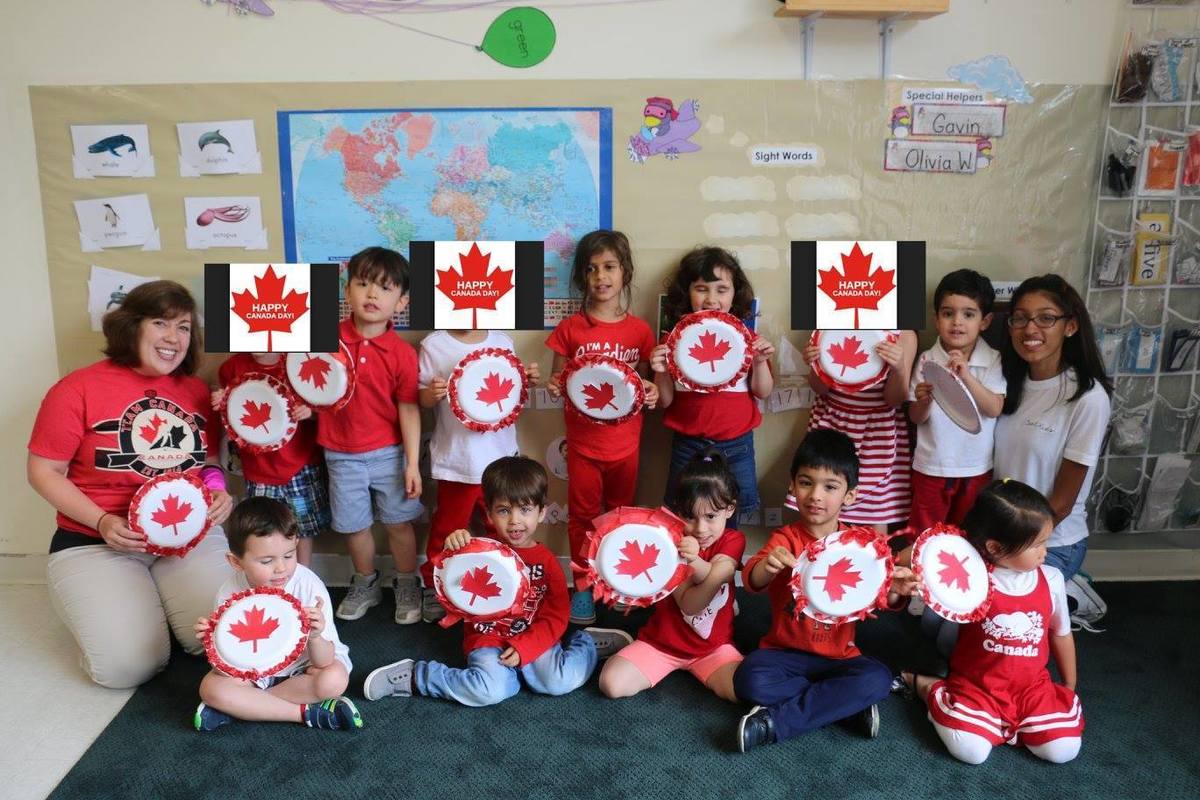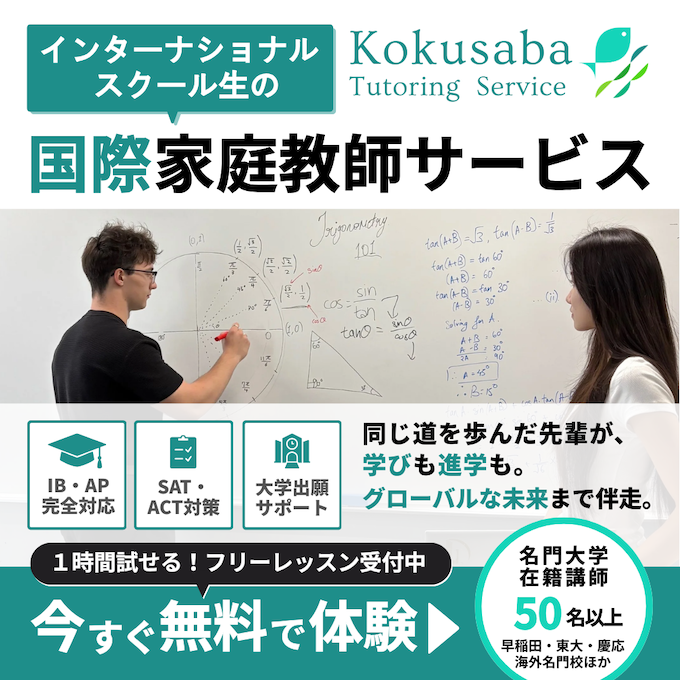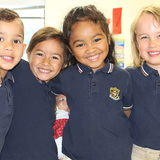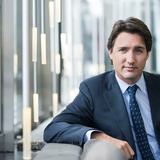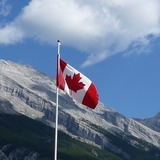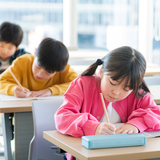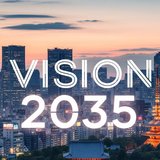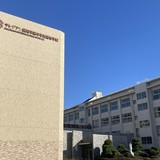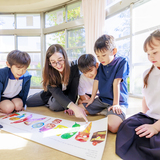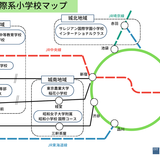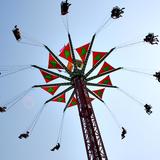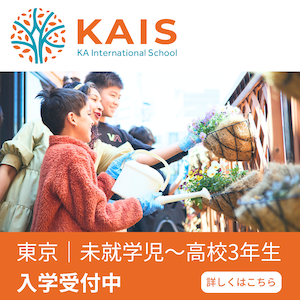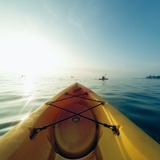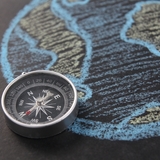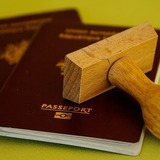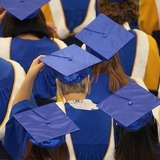How is the Japanese-Style Global Education Evaluated Overseas?
With the rise of international schools in Japan, our editorial team was eager to investigate how Japan's international nursery education is seen across the globe.
In Japan, the education system is often seen as either "yutori (cram-free)" or "cramming".
Studying Kinder Kids' success in Canada may be a good opportunity for us to learn how Japan's international nursery education is actually reflected overseas.
Kinder Kids Canada Campus in Ontario
There is a constant increase in the globalization of pre-schools around the world.
Eton House, based in Singapore, has now covered 12 Asian countries including a campus in Tokyo.
The uniqueness of Kinder Kids is that it is a Japanese pre-school where students are taught in English.
Kinder Kids makes good use of the positive aspects of Japanese nursery education and developed its own curriculum in English, which is highly evaluated by native English speakers.
We decided to look in depth into the interesting aspects of Kinder Kids, which hold campuses in Canada and Hawaii.
Kinder Kids opened in Canada as a local school.
Kinder Kids Opened Its Canada Campus on September 2014
Murata: Thank you for your time today.
The reputation of the school has been rising ever since the Canada campus opened in 2014 and I wanted to use this opportunity to conduct an interview.
In Japan, Kinder Kids is already well known among parents and guardians.
However since this was the first campus to be built in Canada, how were the students recruited?

Ms. Kimiko Nakayama from Kinder Kids.
She operates Kinder Kids International Preschool both in and outside of Japan.
She found Kinder Kids with the intention to raise a bilingual child.
Nakayama: I will talk about Canada's preschool approval status before talking about the students.
In Canada, we must be approved as an educational institution to look after 5 or more children. However in Japan, preschools don't require approval.
For this reason, we must first apply for a license.
It is considered a "preschool" for the first time only after this process of approval.
Murata: I see, so they don't distinguish nursery schools and preschools like in Japan.
Nakayama: That's right. Kinder Kids Canada is an approved preschool, so it operates as a local school with local students.
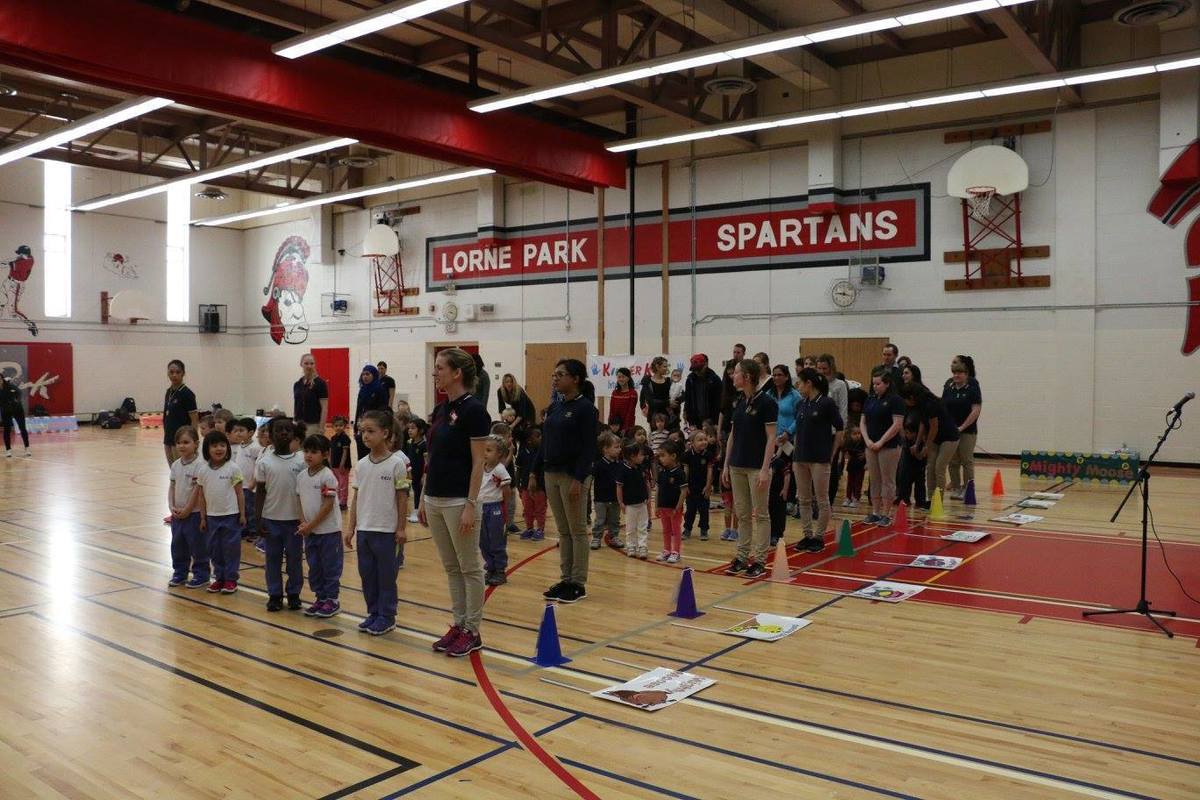
Sports Day is arranged in Japanese style.
Murata: In order to build a preschool in Japan, it must either be funded privately or by educational corporations, but it seems different in Canada.
Nakayama: It would be different to build a new elementary school in Canada, but usually in Japan, legally permitted institutions are responsible for building new preschools or nursery schools.
In reality it is difficult to establish a new educational corporation or social welfare corporation in Japan.
As a result, new childcare services in Japan emerge in forms such as licensed nursery schools, but this concept doesn't exist in Canada because it has to be licensed anyway if it carries 5 or more children.
Opening a Kindergarten in Canada
Murata: By the way, how did you recruit students in Canada?
Nakayama: We opened the school as "Kinder Kids International Preschool", but
"international" is a difficult concept for people to grasp in English-speaking countries.
Asia and other non-English speaking regions hold many international schools because the demand is high.
It's popular for being a school where children can "learn in English," but this is a foreign concept to English-native countries.
Since we were one of the few international schools in the area, we got a lot of attention when we opened our school.
Some of faces are censored to protect their privacy. Different countries have a different approaches towards privacy.
Nakayama: We got interviewed by a lot of different medias when we first opened in Canada, but this was because we were a English preschool from Japan.
We make our own unique curriculum and textbooks in Japan, but we decided to use the exact the same thing in Canada.
Becoming a Top-Rated International Preschool in an English-Speaking Country
Nakayama: We wanted to know how much our curriculum actually worked in an English-speaking country.
We've always been curious about how a native English-speaker would learn with our curriculum, so we decided to operate without changing anything.
In fact, it required a lot of courage to implement an English-curriculum in an English-speaking country.

The Canadian Kinder Kids classroom looks identical to the Japanese classroom.
Murata: I think it's an amazing thing to teach native English-speakers in English.
Nakayama: We needed courage.
For our oversea campus, we originally planned to build a branch in either Korea, Thailand or Vietnam back in 2011.
We decided on Korea since it was a neighboring country.
However at the same time, political tensions were starting to build up and Japan was not in a good situation.
We wouldn't have a good impression as a "preschool from Japan."
"Coming from Japan," as opposed to "coming from an English-speaking country" like the U.S, U.K and Canada would have a completely different impression on locals.
For example, if a new international preschool came from Canada which also has 20 schools in Japan, local parents would put more trust in on us.
We thought that it would be better to succeed in an English-speaking country first before expanding into other Asian countries.
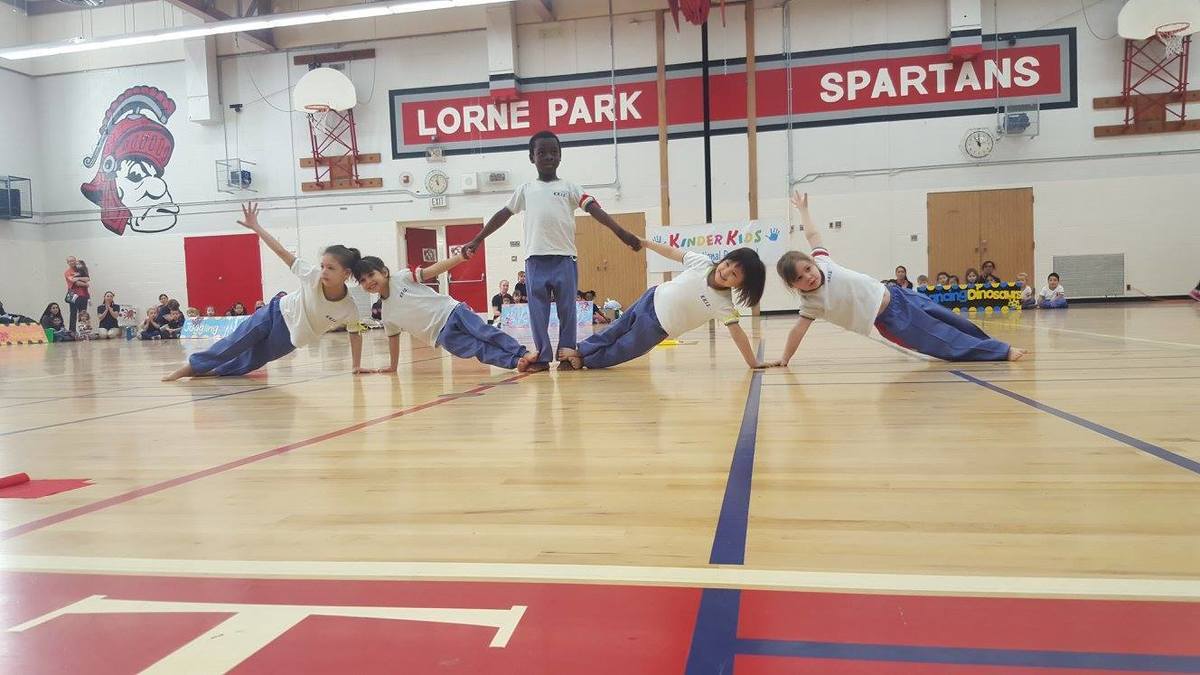
Children in Canada practicing gymnastics for an upcoming sports day.
Murata: I see.
Nakayama: Also, many of the Asian countries are friendly to Japan.
Especially because Japanese education is highly regarded in Asia.
We want the people in Asia to think that we came from an English-speaking country, with an extensive curriculum developed in Japan.
The Reason Behind Kinder Kids' Success
Murata: What's the reason behind the success in both inside and out of Japan?
Nakayama: This depends on how you define "success," but for now Kinder Kids have reached full capacity.
We've gained quite some popularity to the point where students are on the waiting list.
We were also surprised that children in Canada usually learn how to read and write from elementary school.
In current Japan, it is rare to see a child who cannot write both Hiragana and Katakana before entering elementary school. Japanese children start reading books in preschool and nursery schools.
In Kinder Kids, we aim to educate students to an equivalent of Grade 2 level by the time of graduation, which has been appreciated by many upper class households in Japan.
However when we apply this in Canada, it becomes an early education.
It isn't rare to see pre-school graduates in Canada skip grades in elementary school, but
people started to talk about how "children who went to Kinder Kids skip grades."
Kinder Kids started to gain popularity for their "amazing early education school from Japan."
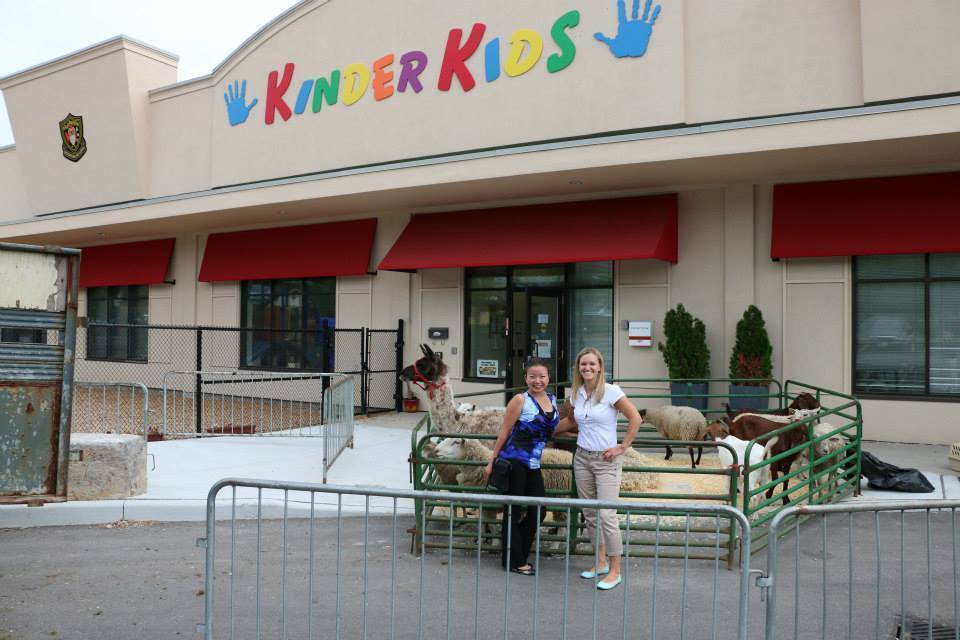
A mobile zoo visiting the school, just like in Japan.
Murata: I'm delighted to know that an English preschool from Japan became a phenomenon in an English-speaking country.
Nakayama: For example we teach math in Japanese style. This is actually about the same level as Grade 3 in Canada.
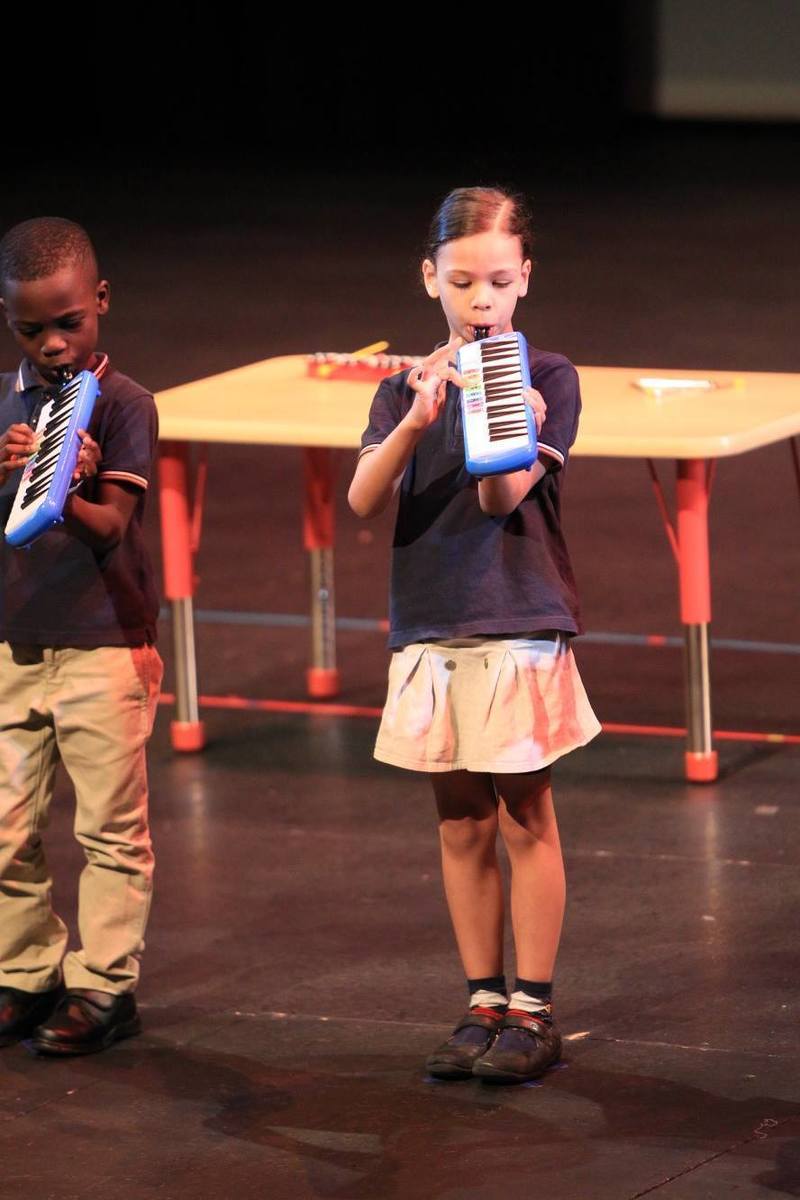
Students of the Canada school performing melodica at a concert.
Murata: Japanese people have always been enthusiastic in education from the Edo period as we have the saying, "Reading, Writing and Arithmetic." Do you think this has anything to do with it?
Nakayama: Certainly. For instance, the English alphabet is not as complicated as the Chinese characters. However in Japan, we have to learn the right stroke orders and require elementary students to take exams.
For Japanese people, knowing the proper stroke order allow us to write a character down properly and makes the students content, as well as the parents.
We decided to make use of this at Kinder Kids and created proper stroke orders for the English alphabet.
Murata: Japanese people creating stroke orders for the English alphabet, that's funny.
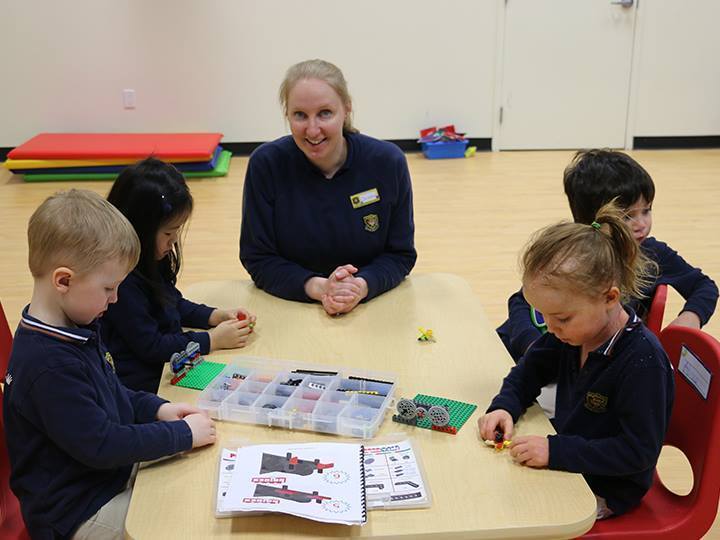
For the first time, a student transferred from Japan to the Canadian Campus this spring.
Nakayama: Exactly. Children learn English with Kinder Kids' original stroke orders, and this is somewhat surprising for the parents.
They learn how to hold a pencil, stroke from left to right, and up to down, just like how we do in Japan. Then they will move onto writing the alphabets themselves.
Learning stroke orders in Japan is a very normal thing that we do from kindergarten, but using the same approach to the English alphabet as a local kindergarten really grabbed people's attention, haha.
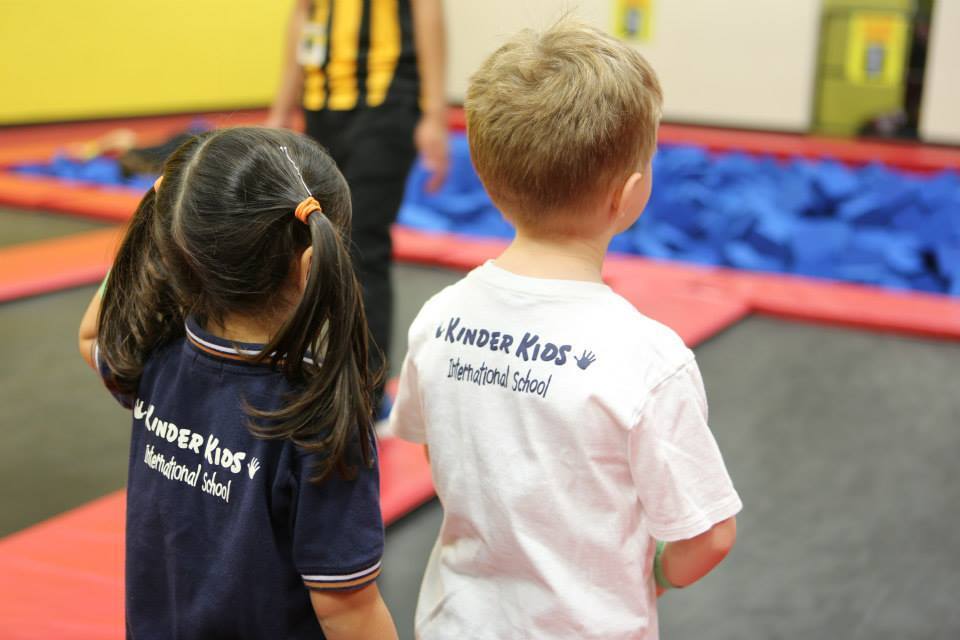
The uniform is the same in Japan and Canada.
Nakayama: In Japan, we really focused on how a non-native English speaking child would acquire English skills. But in Canada pretty much every child is a native speaker.
Parents are surprised because we are able to teach children things they usually learn in elementary school, such as a simple explanation of the universe and how the human body works.
Because our curriculum was developed in Japan, it is very detailed so that a non-native English speakers could understand various topics in depth.
Doing this in Canada gives them a thorough learning process.
For example, "Why do we age every year?" and "Why is it night time in Japan when it is still bright in Canada?" are both related to the Earth's rotation, but the kids can understand this much better when taught in English.
They talk about what they have been learning when they go home, and start talking about the Earth's rotation.
Mothers are blown away that their children are capable of talking about such complex topics.
Murata: So native English speakers can gain even more knowledge through the curriculum developed by Kinder Kids.
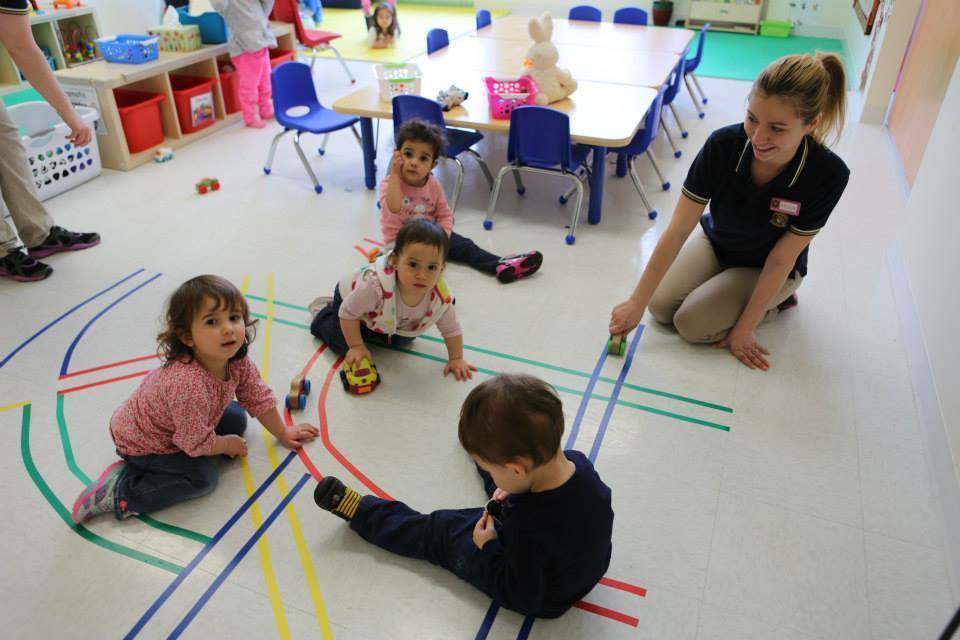
Preschool education involves a lot of personality formation. Some aspects of Kinder Kids are similar to other kindergartens in the world.
Nakayama: For instance, if we try to explain rotation and revolution to 5-year-olds in Japanese, they will not be able to understand what "rotation and revolution" are in the first place.
But English native speakers will be able to understand the concept of rotation and revolution far better if we explain to them in English.
Murata: It seems that a curriculum which was intended for native Japanese speakers can boost up the learning process for native English speakers.
